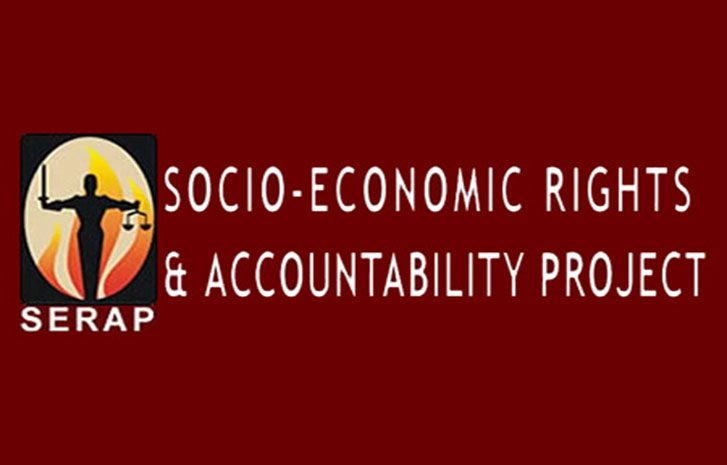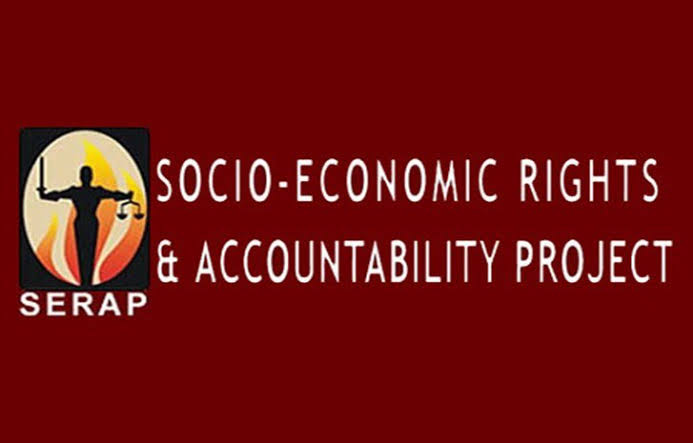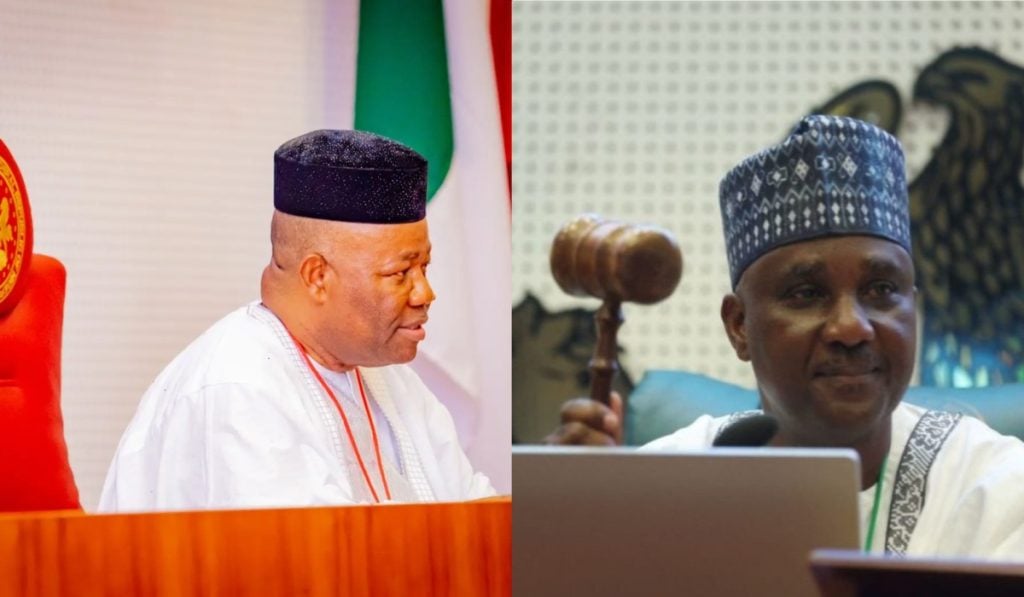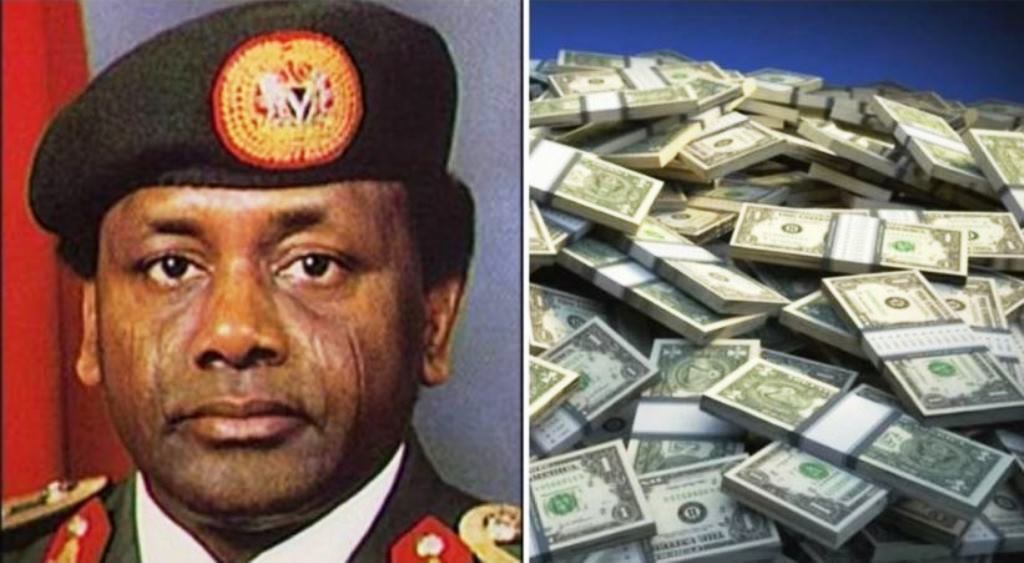Socio-Economic Rights and Accountability Project (SERAP), BudgIT and 34 concerned Nigerians have filed a lawsuit against President Bola Tinubu over “the appointment of at least four members of the All Progressives Congress (APC) and allies of high-ranking politicians as new Resident Electoral Commissioners (RECs) for the Independent National Electoral Commission (INEC).”
The Senate has confirmed the appointment of seven out of 10 newly appointed RECs for INEC. The alleged APC members appointed as RECs include those from Akwa Ibom, Edo, Lagos and Rivers states.
In the suit number FHC/L/CS/2353/2023 filed last Friday at the Federal High Court in Lagos, the Plaintiffs are seeking: “an order setting aside the nomination, confirmation and appointment of the alleged APC members as RECs for INEC, for being unconstitutional, unlawful, null, void and of no effect.”
The Plaintiffs are also seeking: “an order of mandamus to compel President Tinubu and Senate President Mr Godswill Akpabio to remove the alleged APC members as RECs for INEC, in line with Section 157 of the Nigerian Constitution 1999 [as amended].”
The Plaintiffs are also seeking: “an order of mandamus to direct and compel President Tinubu to appoint qualified Nigerians who are persons of unquestionable integrity and a non-member of a political party or loyalist to the positions of RECs for INEC, in line with Paragraph 14(3)(b)(c), Third Schedule and Section 156 of the Nigerian Constitution.”
In the suit, the Plaintiffs are arguing that: “The status, powers, independence of INEC, and the impartiality with which it acts and is seen to be allowed to act, are fundamental to the integrity of Nigeria’s elections and effectiveness of citizens’ democratic rights.”
The Plaintiffs are also arguing that, “INEC ought to be the primary guarantor of the integrity and purity of the electoral process. President Tinubu and the Senate have the constitutional responsibilities to ensure both the appearance and the actual independence and impartiality in the nomination and confirmation of INEC top officials.”
According to the Plaintiffs, “The credibility and legitimacy of elections depend mostly on the independence and impartiality of those appointed to manage the process. Without an independent and impartial INEC, the democratic rights of Nigerians would remain illusory.”
The Plaintiffs are arguing that, “Anyone to be appointed as RECs for INEC must clearly be non-partisan, independent, impartial and neutral. INEC officials ought to be able to discharge their legal duties and implement the Electoral Act without fear or favour.”
The Plaintiffs are also arguing that, “Nigeria’s electoral body must enjoy the independence from direction or control, whether from the government or any other quarter. It must be accountable to the electorate, and act accordingly.”
The suit filed on behalf of the Plaintiffs by their lawyers, Kolawole Oluwadare and Andrew Nwankwo, read in part: “As public officers, President Tinubu and Mr Godswill Akpabio are required to act in conformity with their oath of office and the letter and spirit of the Nigerian Constitution 1999 [as amended].”
“Treating INEC as a line department accountable to bureaucratic higher-ups and high-ranking politicians rather than as an independent and impartial body is antithetical to constitutional and international standards and the notion of the rule of law.”
“The use of the word ‘non-partisan’ means that those to be appointed to conduct credible elections must not be people who openly identify as belonging to a political party, whose occupation is politics or who are perceived by ordinary Nigerians as having political biases.”
“Section 153(1) (f) of the Nigerian Constitution provides that ‘There shall be established for the Federation the following bodies, namely – (f) Independent National Electoral Commission.’”
“Section 156(1) of the Nigerian Constitution provides among others that, ‘in the case of the Independent National Electoral Commission, he[she] [the person to be appointed as a REC] shall not be a member of a political party.’”
“Paragraph 14 of the Third Schedule of the 1999 Constitution provides among others that ‘2. A member [of INEC] shall –a. be non-partisan and a person of unquestionable integrity… 3. a Resident Electoral Commissioner shall –b. be a person of unquestionable integrity and shall not be a member of any political party.’”
“Under Section 6(4) of the Electoral Act 2022, ‘The appointment of a Resident Electoral Commissioner shall be in compliance with section 14 (3) of the Nigerian Constitution.’”
“The nomination, confirmation and appointment of the alleged APC members as RECs for INEC is a breach of Section 6(4) of the Electoral Act 2022 and Section 156(1)(a) and Paragraph 14 of the Third Schedule of the 1999 Constitution.”
“The United Nations Human Rights Committee has stated that states including Nigeria should establish independent electoral authorities to supervise the electoral process and to ensure that elections are conducted fairly, impartially and in accordance with established laws and the International Covenant on Civil and Political Rights.”
“The African Union’s African Charter on Democracy, Elections and Governance to which Nigeria is a state party also calls upon state parties to establish and strengthen independent and impartial national electoral bodies responsible for the management of elections.”
“Those recently appointed as RECs and confirmed by the Senate include an individual who was formerly a member of the PDP before allegedly ‘decamping’ to the APC and who served as the Chief of Staff to Mr Godswill Akpabio when he was Governor of Akwa Ibom State.”
“The alleged APC members or loyalists also include individuals who reportedly campaigned on social media for the election of President Tinubu and who was appointed as chairman of the Lagos State Traditional Medicine Board in 2001 when Mr Tinubu governed the state.”
Joined in the suit as Defendants are: INEC; Mr Godswill Akpabio, for himself and on behalf of the Senate; and Messrs Etekamba Umoren; Isah Shaka Ehimeakne; Anugbum Onuoha; and Bunmi Omoseyindemi.
No date has been fixed for the hearing of the suit.







